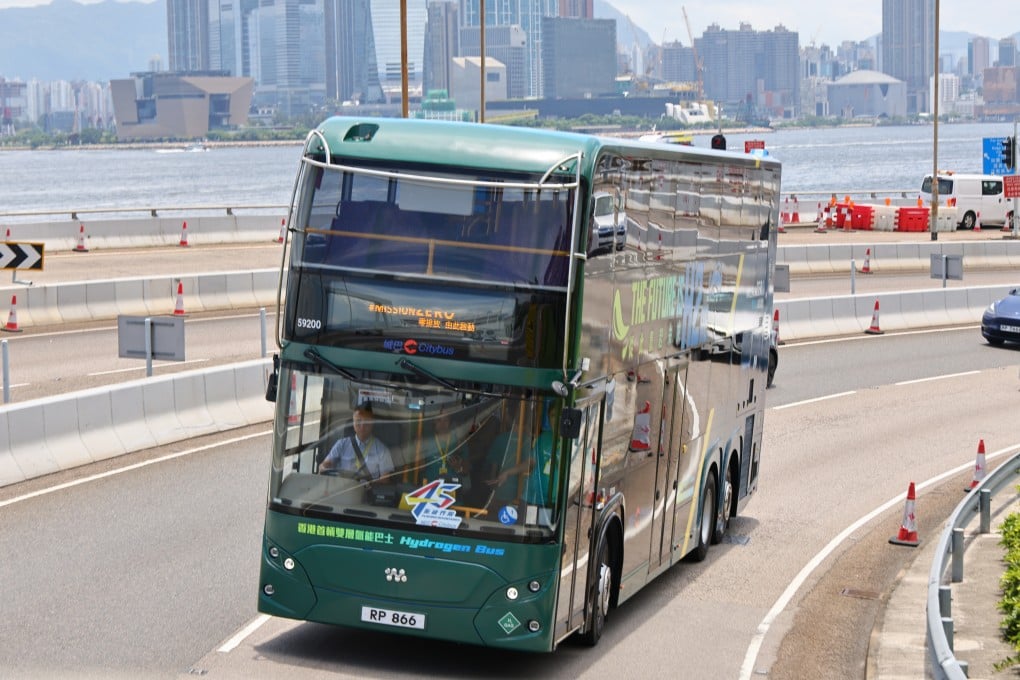Hong Kong bus firms need urgent help to buy zero-emission fleets: think tank
Companies face nearly US$770 million in spending they cannot handle without business model changes, says government-commissioned report

The Hong Kong government must quickly come up with a new business model for the city’s two franchised bus companies, which face nearly HK$6 billion (US$771 million) in investments to overhaul their fleets to reach zero-emissions targets, according to a think tank.
The clock is ticking because the companies have less than eight years to stop buying diesel-powered buses, and the bulk of their diesel models are slated for retirement between 2028 and 2036.
Diesel buses have a legally mandated maximum lifespan of 18 years in Hong Kong. So given the city’s goal of carbon neutrality by 2050, Citybus and KMB must stop buying diesel-powered buses by 2032 – or end up retiring them before the end of their full lifespans. The companies have pledged to transform their fleets to zero emissions by 2045 and 2040, respectively. Citybus operates some 1,700 buses, while KMB runs just over 4,000, according to their disclosures.
The report incorporates insights from several unnamed technical and financial experts in the franchised bus industry. The research was funded by the government’s strategic public policy research funding scheme.
